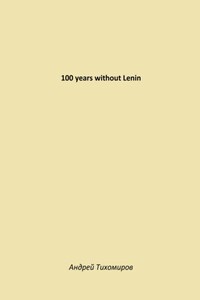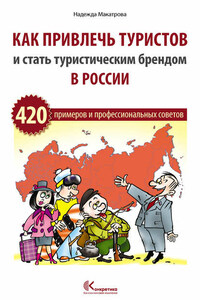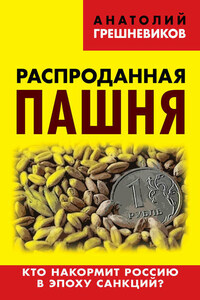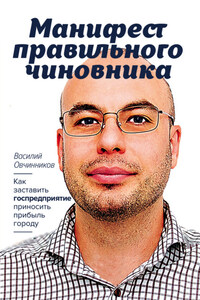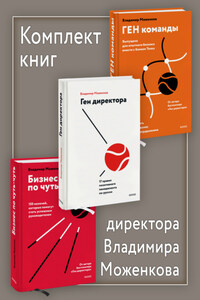The formation of Lenin as a revolutionary
Lenin (Ulyanov) was born in Simbirsk (Ulyanovsk) in the family of an inspector of public schools, who received hereditary nobility. Lenin's elder brother was executed (1887) for his participation in the assassination attempt on Tsar Alexander III. In the same year, Lenin entered the law faculty of Kazan University; in December, he was expelled from the university and expelled for participating in the student movement. In 1891, he passed the exams for the Faculty of Law at St. Petersburg University; assistant attorney at Law in Samara. In 1893 he moved to St. Petersburg. In 1895 He participated in the creation of the St. Petersburg "Union of Struggle for the Liberation of the Working Class", then was arrested. In 1897, he was exiled for 3 years to the village of Shushenskoye in the Yenisei province. In 1900, he went abroad; together with G. V. Plekhanov and other revolutionaries, he began publishing the newspaper Iskra. At the 2nd Congress of the RSDLP (1903) he headed the Bolshevik Party. Since 1905 in St. Petersburg; since December 1907 in exile. In April 1917, having arrived in Petrograd, he put forward in the April Theses a course for the victory of the socialist revolution. After the July crisis of 1917, he was in an illegal position. He headed the leadership of the October Uprising in Petrograd. At the 2nd All-Russian Congress of Soviets, he was elected Chairman of the Council of People's Commissars (SNK), at the same time (since 1918) Chairman of the Council of Workers' and Peasants' Defense; member of the All-Russian Central Executive Committee (VTSIK) and the Central Executive Committee of the USSR. He played a decisive role in the conclusion of the Brest Peace.On August 30, 1918, he was seriously wounded in an attempt on his life. In 1922, he became seriously ill and did not participate in political activities.
Lenin considered the creation of a party of professional revolutionaries, a "new type of party", to be the most important means of revolutionary struggle, unlike parliamentary social democratic parties, rejecting the concepts of E. Bernstein and K. Kautsky as reformist and revisionist, he concluded that capitalism had entered the last stage of its development – imperialism and the advanced countries of Europe were ripe for world socialist revolutions. Sharply criticizing the principles of parliamentary democracy and separation of powers, he defended the course of establishing the dictatorship of the proletariat as a tool for building socialism and communism. The dictator of the proletariat, in Marxism, is the designation of the power that is established as a result of the revolution carried out by the working class, led by its party.
Leninism is a political ideology developed by the Russian Marxist revolutionary Lenin, which proposes the establishment of a dictatorship of the proletariat led by a revolutionary vanguard party as a political prelude to the establishment of communism. Lenin's ideological contribution to Marxist ideology is linked to his theories about the party, imperialism, the state and revolution. The function of the vanguard Leninist Party is to provide the working class with the political consciousness (education and organization) and revolutionary leadership necessary to overthrow capitalism.
The revolutionary Leninist leadership is based on the Manifesto of the Communist Party (1848), which defines the Communist Party as the most advanced and decisive part of the parties of the working class of each country; the part that advances all others. As an avant-garde party, the Bolsheviks viewed history through the theoretical framework of dialectical materialism, which sanctioned a political commitment to successfully overthrow capitalism and then establish socialism; and, as a revolutionary national government, to make a socio-economic transition to socialism.
As a revolutionary practice, Leninism was originally neither a philosophy proper nor a separate political theory. Leninism includes the political and economic developments of orthodox Marxism and Leninist interpretations of Marxism, which function as a pragmatic synthesis for practical application to the real conditions (political, social, economic) of the society of Imperial Russia at the beginning of the 20th century. As a political science term, Lenin's theory of the proletarian revolution came into use at the 5th Congress of the Communist International (1924), when Grigory Zinoviev used the term Leninism to refer to the "revolution of the avant-garde party." Leninism was adopted as part of the vocabulary and doctrine of the Russian Communist Party (b) around 1922, and in January 1923, despite Lenin's objections, it entered the public lexicon.
In the 19th century, Karl Marx and Friedrich Engels wrote the Manifesto of the Communist Party (1848), in which they called for the political unification of the European working classes to achieve a communist revolution; and suggested that, since the socio-economic organization of communism has a higher form than that of capitalism, the workers' revolution would first occur in industrialized countries.
At the beginning of the 20th century, the socio-economic backwardness of Imperial Russia, characterized by combined and uneven economic development, contributed to rapid and intensive industrialization, which led to the creation of a unified working class of the proletariat in a predominantly agrarian society. Moreover, since industrialization was financed mainly by foreign capital, Imperial Russia did not have a revolutionary bourgeoisie with political and economic influence over workers and peasants, as it was during the French Revolution of the 18th century. Although Russia's political economy was agrarian and semi-feudal, the task of the democratic revolution fell to the urban industrial working class as the only social class capable of carrying out land reform and democratization, given that the Russian bourgeoisie would have suppressed any revolution.
In the April Theses (1917), the political strategy of the October Revolution (November 7-8, 1917), Lenin suggested that the Russian Revolution was not an isolated national event, but a fundamentally international event – the first socialist revolution in the world. Lenin's practical application of Marxism and the proletarian revolution to the social, political and economic conditions of agrarian Russia prompted the overthrow of the monarchy of the three-hundred-year-old dynasty of the House of Romanov (1613-1917).
